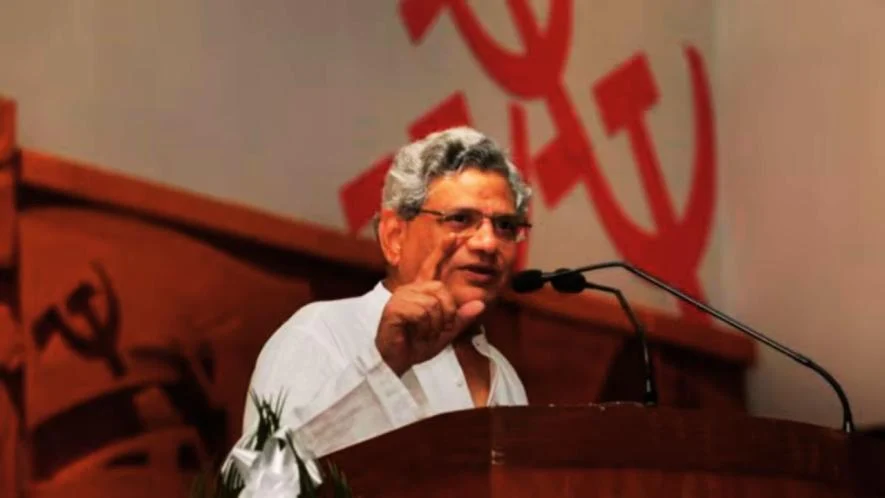
Sitaram Yechury, a prominent figure in Indian politics and a dedicated comrade, passed away recently, leaving behind a legacy of resistance against oppression. He was a student leader at Jawaharlal Nehru University (JNU) during the tumultuous period of the 1975 Emergency, a time when fundamental rights were suspended and dissent was brutally suppressed. Yechury is famously remembered for an iconic photograph of him reading a letter to then-Prime Minister Indira Gandhi, symbolizing the courage of those who stood against authoritarianism. His political journey was marked by a consistent critique of neoliberal policies and the divisive strategies employed by the Bharatiya Janata Party (BJP) [05ce761b].
Throughout his career, Yechury faced significant challenges, especially as the Congress party shifted towards liberalization, which he critiqued for undermining the rights of the marginalized. He played a crucial role in uniting various opposition forces, emphasizing the need for solidarity among different political groups to combat the rising tide of divisiveness in Indian society. His commitment to an inclusive and secular India resonated across political divides, earning him respect even from those who disagreed with his views [05ce761b].
In light of Yechury's passing, many are reflecting on his contributions to the freedom movement and the ongoing struggle for justice and equality in India. His legacy serves as a reminder of the importance of standing firm against oppression and advocating for a society that upholds the values of democracy and inclusivity [05ce761b].